Pro-Bitcoin candidate Javier Milei. Pro-Bitcoin president elect Javier Milei. Those sentences have been repeated all over by several outlets, content creators, or social media accounts focused on the Bitcoin space, all encouraging that Argentina’s new president will enact policies that favor the growth of the ecosystem in what has for long been one of the leading nations in terms of adoption in the region. But why?
On July 26, 2016, Milei made his first appearance on the Argentine late night show Animales Sueltos, hosted by his now friend, journalist and TV presenter Alejandro Fantino. There, Milei’s appearance, combined with his shaggy hair, outspoken behavior, and most importantly, his championing of libertarian ideas, quickly gained a foothold before his presence became commonplace in national media. Shortly after, Milei’s rants also started going viral on the internet.
Milei’s had spent years writing and speaking about Austrian economics, but it was television laid the ground for his meteoric rise in politics. Milei’s increasing popularity also coincided with Bitcoin itself gaining more traction in Argentina and Latin America as a whole. For many bitcoiners in the region, it is likely that their journey down the rabbit hole, and thus their exposure to the failures of our monetary system, came partly to the tune of Milei’s voice.
It wasn’t shocking then to see Milei refer to Bitcoin’s potential as early as 2017, with most of his statements exalting the technology’s ability to take back money away from the central banks. Regardless of that, in 2019 Milei confessed he was yet to study Bitcoin in depth. Despite calling Bitcoin an “impeccable concept” in 2021, other interviews from last year suggest the president of Argentina is still in the midst of fully understanding it.
Given that Milei’s takes on money, central banking, taxation, the role of government, and so many other facets of economics and politics already align perfectly with the Bitcoin ethos, it’s no surprise the community took a liking to his antics as he edged closer to the world stage.
In many ways, Milei’s Bitcoin journey seems very relatable, it’s still incomplete. However, unlike most people, his rise to the presidency means that he is now tasked with a much more complex mission: rescuing Argentina from a hyperinflationary spiral.
The Argentina Problem
In the week before Argentina’s elections took place, year-to-year inflation reached 142.7% as the economy continues to suffer the consequences of the policies Milei has denounced for years. It is precisely this what has driven Argentines’ desire for change and, ultimately, propelled Milei to secure his victory on November 19. On that very night, Milei said his goal is not only to solve today’s problems, but to put Argentina back on track to become the global power it was destined to be at the start of the 20th century.
Since the election, Milei has coined the phrase “No hay plata” (There’s no money) to describe the current fiscal deficit Argentina finds itself in. Along with ratifying their commitment to shut down the central bank, axing public spending has been one of the key points the new Milei administration has insisted the most on. Not doing so would inevitably cause hyperinflation, according to Milei.
Besides this, Argentina and Milei will also have to juggle its massive debt to the IMF, amounting to over $31 billion at the time of writing. While Milei has vowed that Argentina will pay back its debt, many have pointed to the institution’s warning to El Salvador as one of the reasons why Argentina won’t be embracing Bitcoin anytime soon.
Speculation on that derives from a non-binding letter of intent sent to the IMF by former Minister of Economy Martin Guzmán in March 2022, outlining that the country would “discourage the use of crypto-currencies” by enforcing harsher anti-money laundering controls. Although banks are strictly forbidden from dealing with anything crypto, this has hardly deterred their use, especially that of USDt, whose ease of use and access has made it one of the go-to options to escape the dwindling Argentine Peso.
Milei’s other standout policy, dollarization, seems at odds with hyperbitcoinization, yet it is most certainly a necessary step to start fixing Argentina’s economy. At LABITCONF, incoming chancellor Diana Mondino said that beyond dollarization, Milei’s government is keen to do away with forced legal tender and instead let people choose their own currency. If numbers are anything to go by, many Argentineans already prefer the USDt “criptodólares” as they’re called by locals.
During his campaign, and as he gets ready to take office, Milei has said that the effects of the previous government's policies and spending are likely to be felt anywhere between 18-24 months into his term. For others, such unpopular statements would have cost them hundreds of thousands of votes; for Milei, it’s an extension of the very principles (low time preference) he campaigned on, many of which are what got the Bitcoin community to look his way in the first place.
What the Bitcoiners Are Saying
Milei’s “chainsaw plan” will take time, and luckily many bitcoiners understand that if Argentina is to push harder for Bitcoin adoption that will also happen gradually. JAN3 CEO Samson Mow has consistently said that “Milei’s priority should be to stabilize inflation, moving towards dollarization and ultimately shutting down the Central Bank,” only then will the government be able to factor in what Bitcoin can do for the country.
In spite of that, Argentine bitcoiners generally seem more excited about the wider prospects of Milei’s win. For Manu Ferrari, Milei’s commitment to freedom “is more than enough for the following years,” a feeling that has been echoed by most people familiar with the intricacies of Argentina’s dysfunctional economy.
When El Salvador passed its Bitcoin Law, the Central American nation set the first precedent for what nation-state adoption could look like. Nevertheless, limiting the scope of Bitcoin adoption to just that is near-sighted at best. If free circulation of competing currencies is the Milei administration’s goal, it bears saying that policy can already be beneficial for Bitcoin after years of enforced currency controls.
A more comprehensive nation-state strategy, one that removes capital gains taxes, looks into Bitcoin mining, or even considers the sale of Bitcoin-backed securities, will only be viable if Milei manages to course-correct Argentina’s economy. In the meantime, the sole promise of freedom should translate into recent anti-crypto measures fading away as the nation embraces more free market policies.
The new government’s primary objective now is to stop the bleeding, which is accomplished by implementing several shock measures, all destined to solve the “No hay plata” problem. At the moment, the Milei administration still has to get a hold of inflation, plan out its dollarization process, and lay out its plan to close the central bank. Quite an ordeal for Latin America’s first libertarian president in a country where Mauricio Macri stands as the only president outside the leftist Peronism ideology to ever finish his term.
Bitcoin’s rise to become a genuine asset class mostly took place under a laissez-faire environment as regulation still struggles to keep up with its developments. At the very least, this is what people can expect from a Milei government that has promised to cut down on the numerous taxes that plague Argentina's day-to-day economy.
With conversations dating back to last year, the JAN3 team hopes to approach Milei and his allies on the topic of Bitcoin in 2024. By then, the world should have a clearer view of what his vision of Argentina looks like after initial deployment of the chainsaw.
Until that time comes, bitcoiners can rest assured that this freedom-loving politician who sees Bitcoin as the second coming of private money has all the tools needed to fully grasp its meaning and, eventually, ensure Argentina adopts it for the long-term good of the country.
This is a guest post by& Raúl Velásquez. Opinions expressed are entirely their own and do not necessarily reflect those of BTC Inc or Bitcoin Magazine.

You can get bonuses upto $100 FREE BONUS when you:
💰 Install these recommended apps:
💲 SocialGood - 100% Crypto Back on Everyday Shopping
💲 xPortal - The DeFi For The Next Billion
💲 CryptoTab Browser - Lightweight, fast, and ready to mine!
💰 Register on these recommended exchanges:
🟡 Binance🟡 Bitfinex🟡 Bitmart🟡 Bittrex🟡 Bitget
🟡 CoinEx🟡 Crypto.com🟡 Gate.io🟡 Huobi🟡 Kucoin.
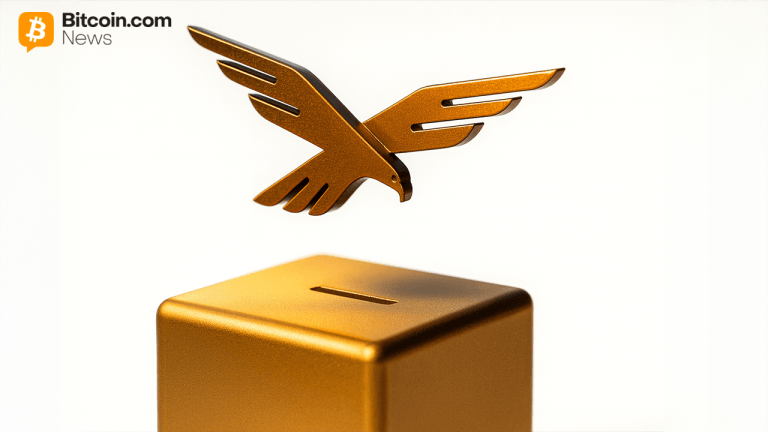
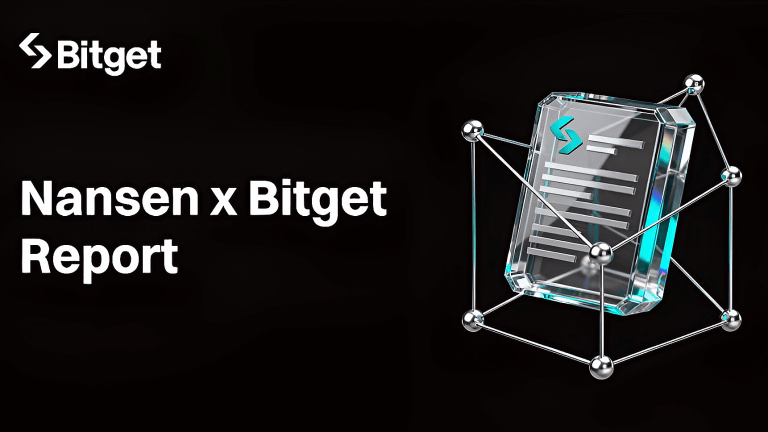

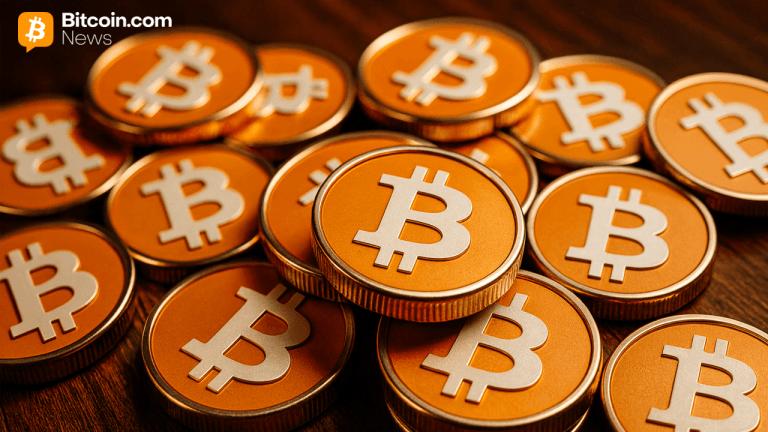


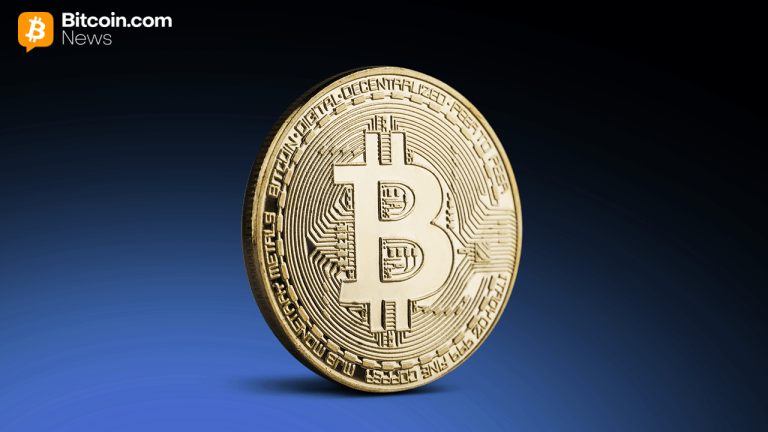

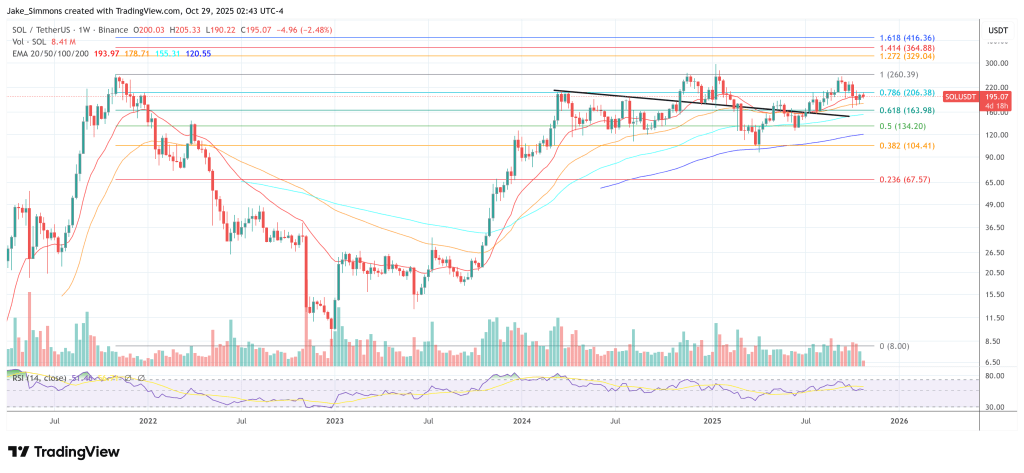
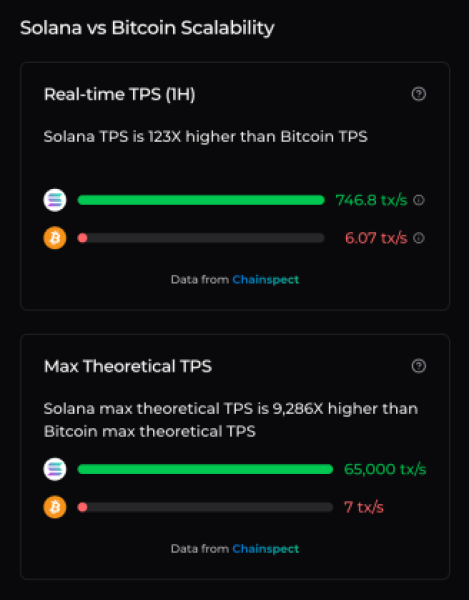


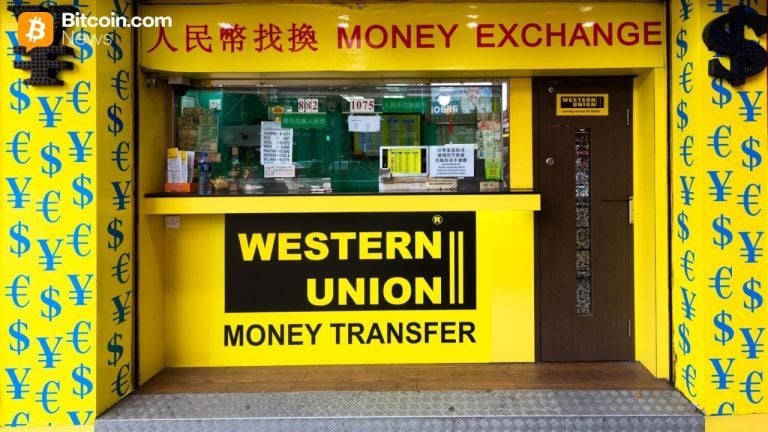

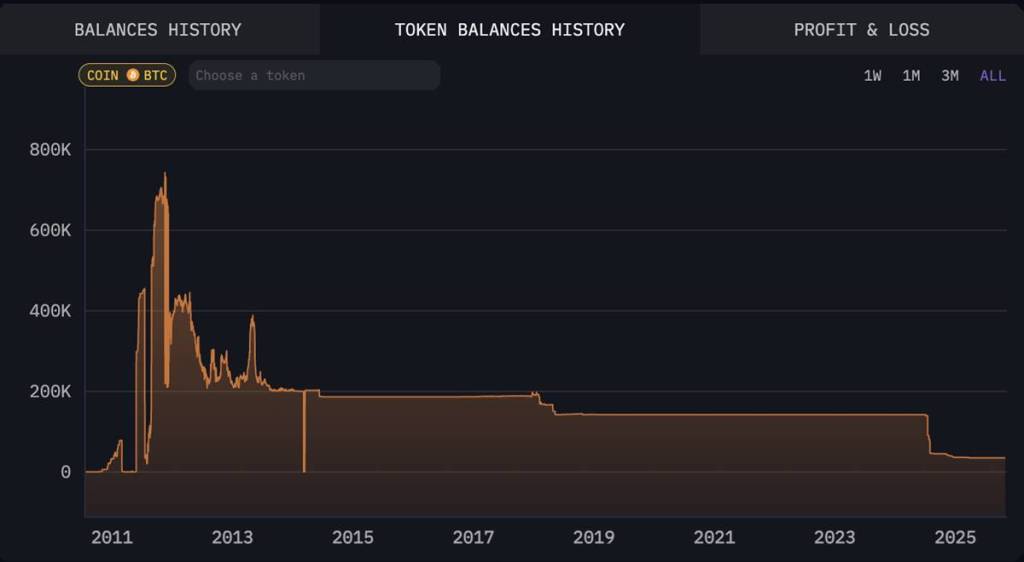
Comments